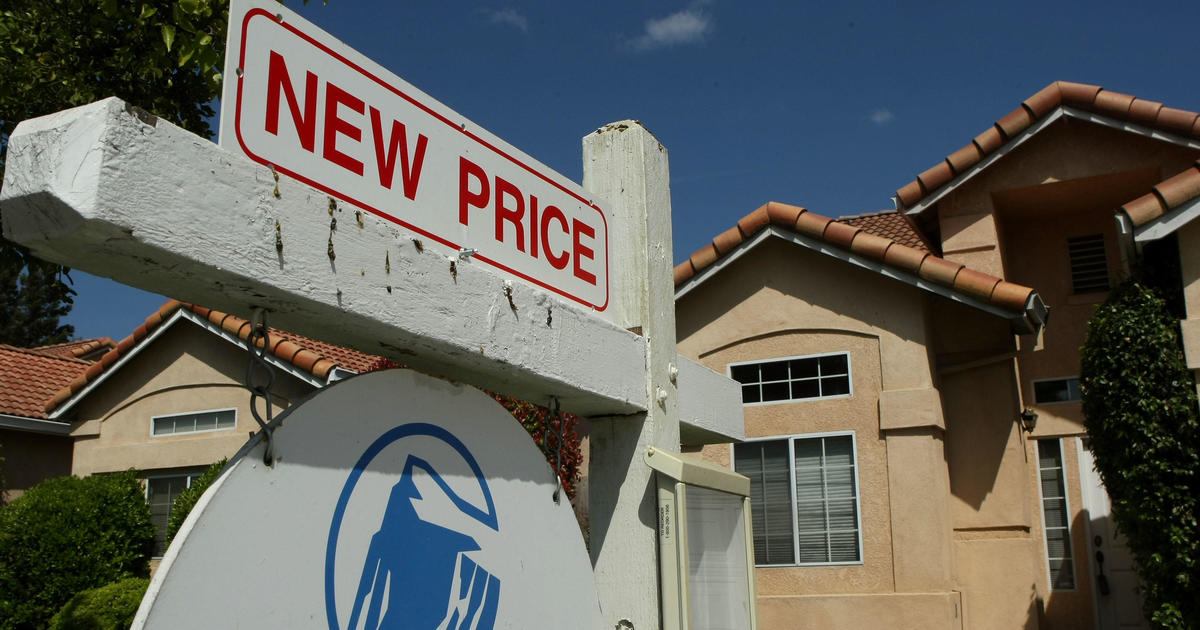
Homes "unaffordable" in 99% of nation for average American
CBSN
The typical American cannot afford to buy a home in a growing number of communities across the nation, according to common lending standsards, and there's no clear sign of conditions getting better soon.
That's the takeaway from a new report released Thursday by real estate data provider ATTOM. Researchers at ATTOM examined the median home prices last year for roughly 575 U.S. counties and found that 99% of those counties now have homes priced too far out of reach for the average American who makes approximately $71,214 a year, according to the report.
Housing experts said a couple of trends explain why prices continue to climb. Interest rates on home loans grew past 7% this year, adding hundreds of dollars per month to a potential mortgage payment. Meanwhile, homeowners who locked in at lower mortgage rates during the pandemic have opted not to sell their home out of fear of having to buy another house at today's elevated rates.
